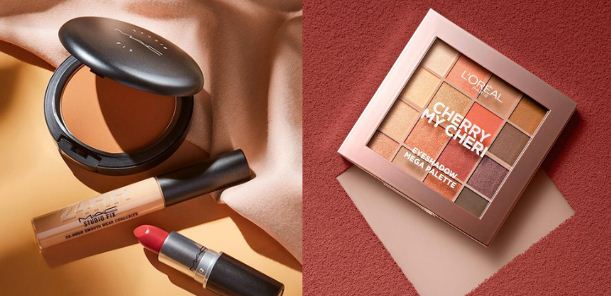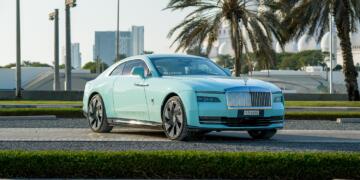Do you know what does a buying habit can do to the world? If no, then the answer is Change. What we purchase is proportional to the change that the world needs. It becomes an even more serious concern when it comes to the makeup business. While buying makeup products, people tend to ensure the quality, finishing, ingredients, colours, and even the fragrance of the product. However, they overlook the fact whether or not the product is cruelty-free? Even if a few consumers intend to buy only cruelty-free products, they are betrayed by the brands claiming to be cruelty-free. However, this is far away from the truth.
What are cruelty-free makeup products?
Cruelty-free products are those developed without any tests on animals. According to reports, the most common animal “test subjects” for cosmetics include mice, rats, rabbits, and guinea pigs. The testing is carried out to examine the toxicity of a product if any, and to observe if it affects skin or eye badly. In the aftermath of this testing methodology, the animals are severely injured and in some cases, it can even lead to death.
Testing methods vary from animal to animal. According to Cruelty-Free International, guinea pigs are shaved and then, the cosmetic compounds are applied to them to see if there is any allergic reaction. Rats, on the contrary, are made to eat or inhale active cosmetic ingredients forcefully. Pregnant rats are also made to go through same tests and are then euthanized with their unborn babies after about 21 days.
Mice are also abused in a similar manner, on their ears. Rabbits are forced to take this abuse for a minimum of 28 and up to 90 days. Similar to pregnant rats, pregnant rabbits and their offspring are also euthanized after the tests are done.
Countries conducting tests on animals
While the U.K. was the first country to ban animal testing for cosmetics products and their ingredients in 1998, Israel also prohibited testing cosmetics on animals in 2007. India became the first country in Asia to have banned cosmetic animal testing in 2014. Moreover, in 2019, Australia passed a bill that forbids the testing of new chemicals on animals to be used for cosmetics purposes.
As of now, there are more than forty countries that have restricted or banned cosmetics animal testing, including several states in Brazil, Colombia, Guatemala, the U.K., Switzerland, New Zealand, South Korea, Taiwan, Turkey, Iceland, Norway, and every country in the European Union.
However, China, in its updates and changes to its animal testing laws on May 1, 2021, stated that some cosmetics may qualify to be exempt from their animal testing requirements.
Choosing the right options
Though various countries have banned testing cosmetics on animals, it does not mean that the cruelty-free products exist. Thus, if a company claims that it does not involve in animal testing, it means that the final products are not tested on animals. However, its ingredients could very well be tested on animals.
According to the Leaping Bunny Program, the cruelty-free symbol of the leaping bunny on a piece of makeup only denotes that the final product has not been tested on animals. And unfortunately, the most animal testing occurs at the ingredient level.
Buying products from firms that have been certified by the Leaping Bunny Program, which demands that no new animal experimentation be utilised in any phase of product development by the company, its laboratories, or ingredient suppliers, is the only way to be certain a company is cruelty-free.
Makeup brands that tests on animals
If you think that the makeup products you apply every morning is cruelty-free, then it’s time for a reality check! Most of the brands that test on animals are sold in China. If the brands claim to be cruelty-free but then include a clause about “except when required by law” and moreover are sold in stores in China, it means that they are not a cruelty-free brand.
- NARS: Once a cruelty-free staple brand, has now updated its animal testing policy to reflect their decision to join the Chinese market.
- L’Oreal :The brand claims that “L’Oréal no longer tests any of its products or any of its ingredients on animals, anywhere in the world. Nor does L’Oréal delegate this task to others.” However, it sells their products in China, where animal testing is mandatory for foreign cosmetics.
- MAC : Owned by Estée Lauder, MAC is sold in China, where animal testing is required, and thus it isn’t a cruelty-free company.
- Maybelline : They also sell their product in China.
- Along with the above brands, Revlon, Clinique, Bobbi Brown, Chanel, Armani, Sephora, Burberry, Dior, Tom Ford and Dolce &Gabbana are all sold in China and, hence, are subject to animal testing
While these brands may have made the terrible decision to test on animals, there are a plethora of fantastic cruelty-free options that will help you in shopping guilt-free.



























